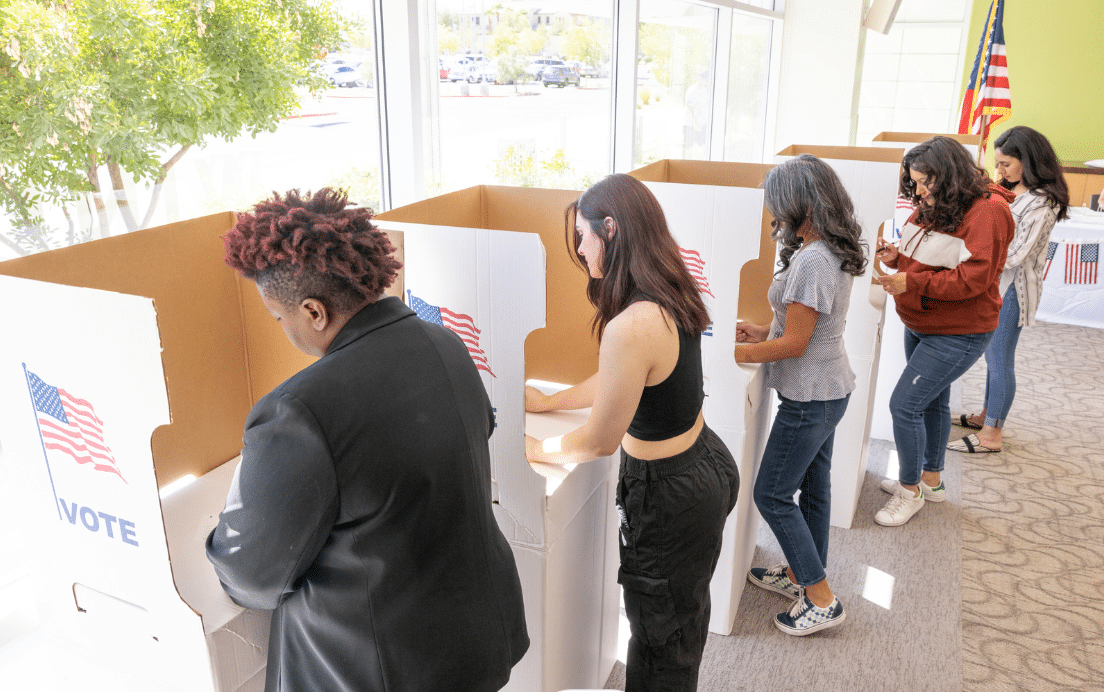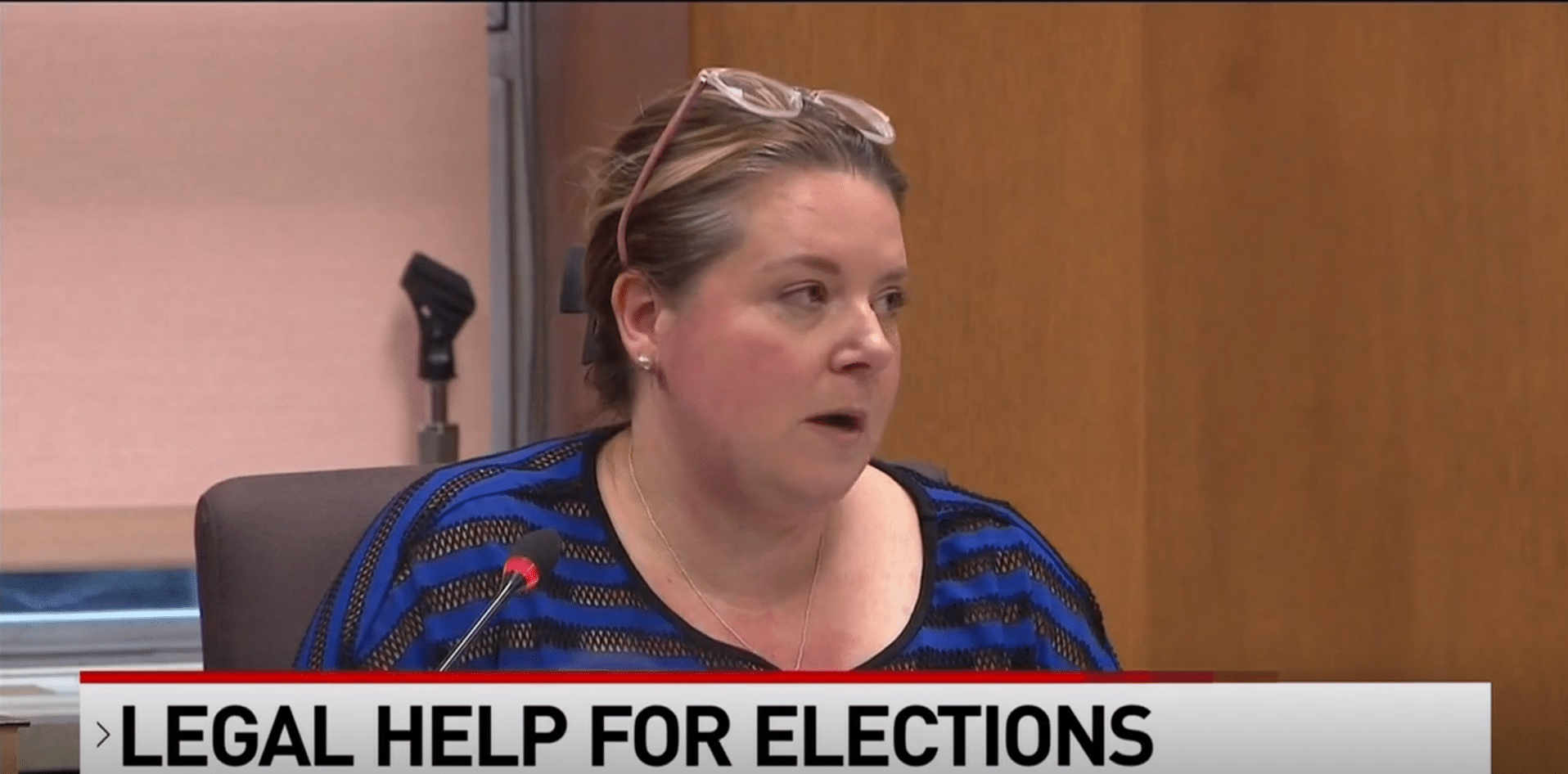Utah lawmakers give themselves more transparency, deny it to the public
Cross posted from Voter Reference Foundation
Last week the Utah legislature passed a bill to give themselves more access to voter registration information while leaving the public behind in the dark. But to really understand the bill, a history of Utah’s complicated relationship with transparency is necessary.
Utah has a system unlike any other state – one that caused alarm for political parties and watchdogs alike in previous years, because it has vastly reduced both their, and the public’s, visibility into elections and curbed their ability to reach their own voters.
The problem began in 2018 when the state enacted a change to the procedure by which a voter can have their registration information classified as “private.” Until that time, the state had followed a process not uncommon throughout the country. Individuals could apply, for certain allowable reasons, to have their registration information classified as private. This is commonly known as an Address Confidentiality Program that exists to shield personal information of vulnerable individuals from all kinds of public records. Under the new scheme crafted by Utah, instead of applying and qualifying for the program, a voter simply had to check a box on the registration form.
Within a year, the result was that information on more than 12% of the electorate was being withheld from the public, including political parties, candidates, and the very legislators who proposed and passed the law. It was shocking to many, especially operatives from both major parties, because it vastly curbed their ability to contact voters and even prevented them from knowing who their own voters were when conducting primary elections. Thus, by 2020 the legislature had to walk back the problem they had created just two years prior.
With the 2020 change, voter registration applicants would no longer be able to simply check a box on the registration form to withhold their information, and instead would have to submit an application to have their information withheld, restoring the process as it existed prior to the mess created in 2018. However, the more than 200,000 voters who had already checked the box were grandfathered in and their information was still unobtainable for political parties, candidates, and the public.
That problem brings us to 2023 and HB303, which the legislature passed almost unanimously and now sits on the Governor’s desk awaiting his signature. With this latest change, political parties, politicians, and their consultants will finally be able to get information on these voters. Well, some information. They will not have access to the names of voters, instead there will be a unique “hash code” assigned to each record, with the anonymous voter’s address and their “age range” (not even their year of birth, or their age, but a range – 18-25, 26-35, etc…).
And although politicians are granting themselves a little more access to voter registration information, they are still denying it (information on nearly half of the voters registered in the state) to the public – denying transparency the public deserves, arguably in violation of the National Voter Registration Act (NVRA).
Congress enacted the NVRA in 1993 to “increase the number of eligible citizens who register to vote,” “protect the integrity of the electoral process,” and, importantly, “ensure that accurate and current voter registration lists are maintained.” To secure the latter, Congress enshrined broad public access to voter registration records, requiring that “each State shall…make available for public inspection… all records concerning… the accuracy and currency of official lists of eligible voters.”
The NVRA mandated that the states implement new programs to register voters and implement procedures to ensure the official list of registered voters is accurate and contains only those who are eligible. To ensure states would comply, Congress included a private right of action for aggrieved citizens to hold them accountable, and they recognized this right of action would be meaningless without meaningful transparency, because sunlight is the best disinfectant.
Utah’s five-year battle with transparency, and their reticence to give even political parties and candidates true access to know who is registered to vote, is concerning. But more concerning is their push to give themselves the data, while excluding the public.
At the end of the day, it is the people’s data, and providing access to it, as mandated by the NVRA, increases confidence in the electorate which in turn increases voter participation. Having access to election data allows for voters to assure, for themselves, that their elected officials are doing their job to ensure accurate and up to date registration databases. Utah’s work the last few years has undermined that accountability, denying the access, transparency, and confidence to which the people have an absolute right.
Thankfully, not all states are taking the approach of Utah. Many have introduced bills this year to actually increase transparency. Take Texas, for example, where lawmakers have introduced a bill (HB2860) to require county election officials to post, in a searchable database, the official list of registered voters on their own website together with any other election data required to be compiled by their office. Why? Because those who are confident in their product are happy (even excited!) to show you their work. It’s a principle all have learned from their earliest years in schooling – you can’t simply write the answer to the math problem, you must show your work!
States ought to move in the direction of Texas’s HB2860, and look to see what states like North Carolina are doing to earn a Data Transparency score of 97, the highest in the country, rather than following the complicated path of Utah. Not only because denying meaningful public access to voter registration data violates federal law, but because the data truly belongs to the people, and transparency is the best measure to increase confidence and participation in our system of government.



